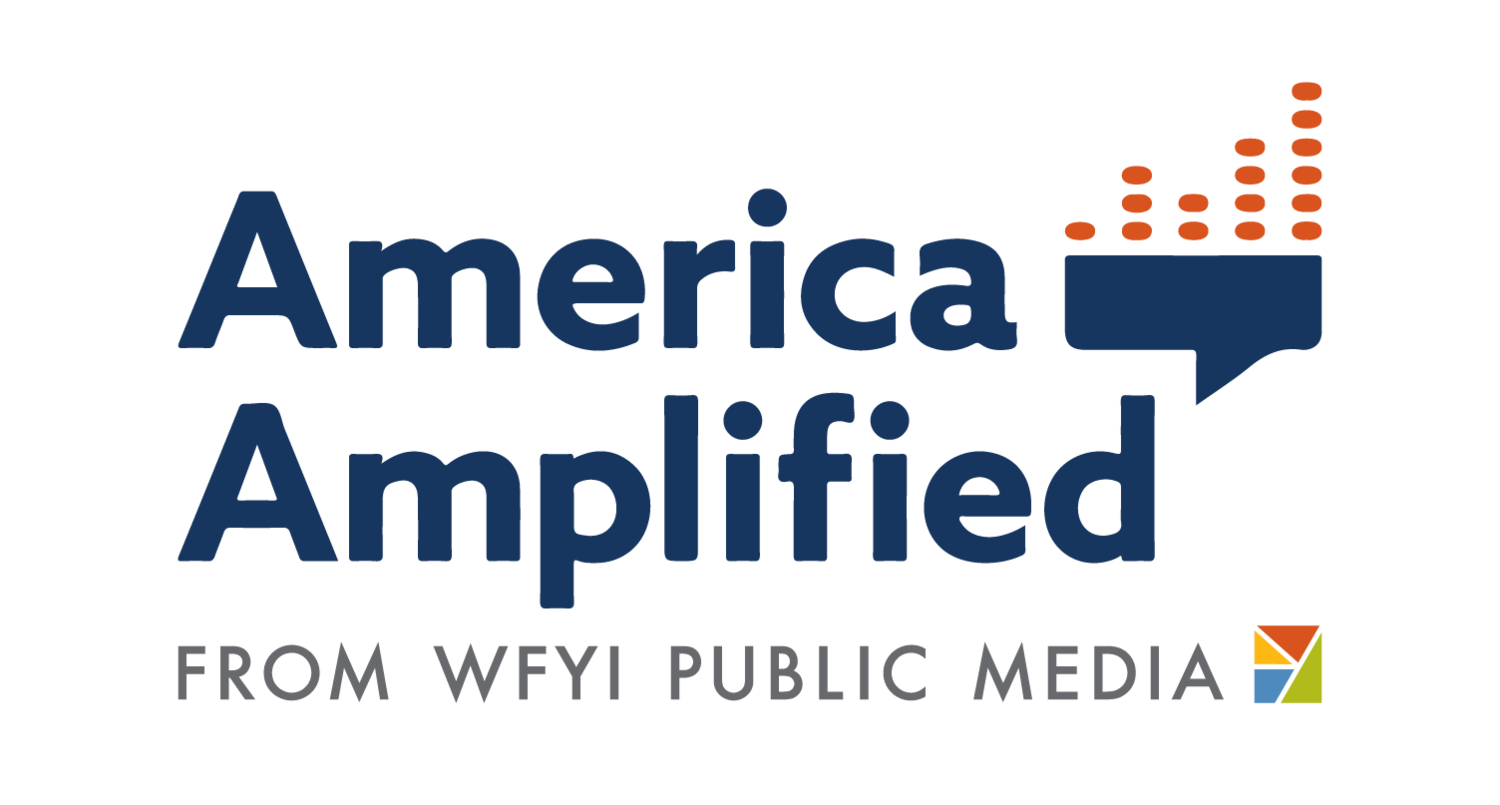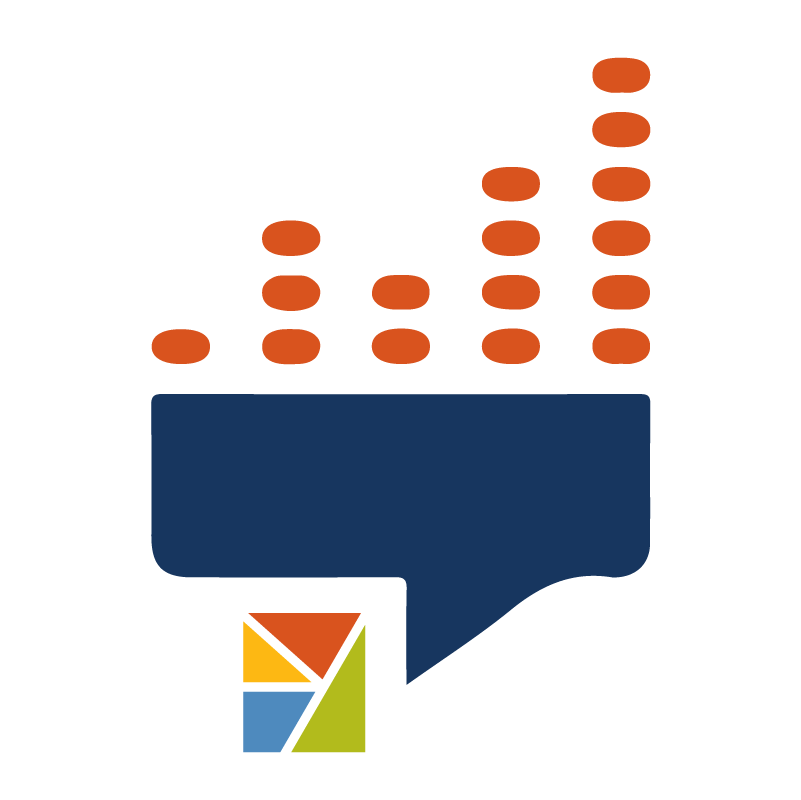Listening sessions helped WITF measure the impact of its solutions-focused climate reporting
Harrisburg, Pa.
Community Advisory Board, focus group, recurring listening session … it doesn’t matter what you call it, bringing together community members to weigh in on content and strategy is engagement and pays off. That’s exactly what WITF in Harrisburg, Pa. set out to do with their America Amplified Innovation Subgrant award money. They told us how they found the right people to bring to the table and how their feedback informed their reporting going forward.
Tell us who you are, and share a brief summary of the reporting project?
I’m Scott Blanchard, director of journalism at WITF in Harrisburg, Pa. As part of our Climate Solutions collaborative, we used grant money from America Amplified to convene a nine-person focus group to assess whether solutions journalism on climate issues made a difference in what they know about climate and how they acted in relation to climate issues.
How did community engagement inform your reporting?
A pillar of our Climate Solutions collaborative is community engagement, and our major event last year was a deliberative forum for which we brought together 24 central Pennsylvanians who were representative of our area’s demographics. From that group, nine agreed to be part of our focus group.
We have communicated with the focus group (and deliberative forum attendees) through occasional emails since the forum in October. One of those emails started a thread with contributions from several members about how we could report on lithium batteries – both their potential and the drawbacks associated with mining necessary to produce them.
How did you build trust in the community you were reporting on?
Deliberative forum participants told us how much they appreciated us bringing them together to discuss important climate-related issues with background information, experts on hand and in an apolitical atmosphere where people felt free to share thoughts and have deep conversations.
The focus group members were interested in continuing to develop a relationship with us and each other. The group’s moderator, who is not a member of WITF staff or a Climate Solutions partner, has reported spirited and respectful conversations at the group’s meetings. They are intrigued by the work we’re doing and want to know more about it; we plan to have a reporter and/or an editor meet with the group to answer questions they have about our process and what ideas they have for reporting we can do.
How are you bringing this reporting back to the community?
As noted above, we’re in touch with focus group members through occasional emails, via the moderator of the focus group, and through informal talks as they come and go for focus group meetings.
What lessons do you take away from this project in terms of strengthening your engagement?
One of the key reasons for putting a focus group together was to see if solutions journalism would have an impact on their thinking, knowledge or actions around climate-related issues. We knew from a survey before the deliberative forum that most central Pennsylvanians felt climate reporting did more to scare them than it did to help them increase their knowledge.
We’ve learned from our focus group members that solutions journalism does work to help them increase their knowledge and gain a deeper understanding of the complexity of climate-related issues and the problem-solving possibilities. We also know that their experience has changed the way they think or act in relation to climate issues. Here is a sampling of responses to the question “Have you taken any actions or changed your behavior at all as a result of participating in this focus group?”
“It made me conscious of driving in one car, or I turn my heat down when I’m not at home. Conscious about my plastic and my garbage.”
“It’s informed me of things. I just had a conversations with someone the other night about electric cars. … I know more about them now and it’s not the mystery it was before. Maybe I would own one someday.”
One member said she is doing a lot in the area of awareness – those who live in inner cities, to help them understand how to save energy and the environment.
One member said she was talking with a neighbor and explaining a story we had reported about how farmers were having to change apple varieties, and diversify their farming operations, in response to weather changes related to climate change. Said her neighbor had noticed not being able to find a particular type of apple, and then was very surprised to learn why that was.
One of the lessons we are taking away from this is that we are hopeful to continue our relationship with at least some of the focus group members once the meetings end in March. We think that through consistent engagement, we’ve created a cohort of people who were not listeners or readers, but who are now invested in our work and in climate issues, and are taking that knowledge and interest back into their own lives. We’d like to see how we can build on this productive engagement going forward. We plan to ask them if/how they’d like to continue our relationship; and we plan to ask them to write about/record their experiences in the focus group so that we can publish/air their observations.


